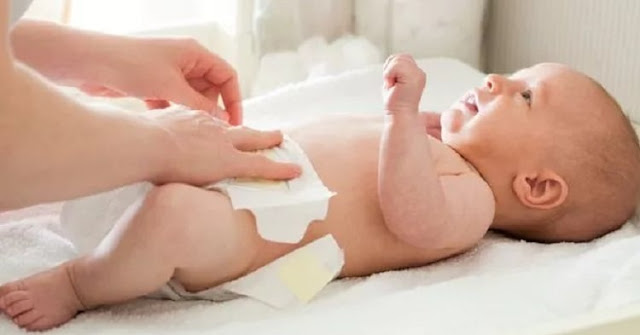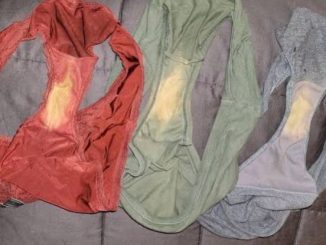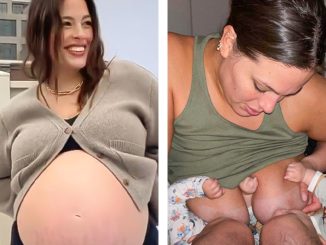Anne Hathaway reflects on her challenging journey to motherhood and the heartfelt influence her openness about her experience has had over the years.

Oscar-winning actress Anne Hathaway, who is a mother to sons Jonathan, 8, and Jack, 4, with her husband Adam Shulman, recently looked back on her challenging journey to motherhood. She shared how she faced a miscarriage while performing in the Off-Broadway play Grounded for nearly six weeks in 2015.
Reflecting on her experience, she told in a cover story published on March 25, «The first time it didn’t work out for me. I was doing a play and I had to give birth onstage every night.»

During that time, she felt that «it was too much to keep it in when I was onstage pretending everything was fine,» and chose to be honest about her struggles with her friends and family. «I had to keep it real otherwise.»
Later on, she extended this same openness to the public when announcing her pregnancy. She explained, «When it did go well for me, having been on the other side of it — where you have to have the grace to be happy for someone — I wanted to let my sisters know, ’You don’t have to always be graceful. I see you, and I’ve been you.’»

«It’s really hard to want something so much and to wonder if you’re doing something wrong,» she added. The Oscar winner further recalled her shock at learning how many pregnancies end in miscarriage. According to the Mayo Clinic, 10% to 20% of known pregnancies end in miscarriage, though the actual number is likely higher. She wished that this information was more widely disseminated.
Anne continued, «I thought, ’Where is this information? Why are we feeling so unnecessarily isolated?’ That’s where we take on damage. So I decided that I was going to talk about it.»

When Anne Hathaway announced her second pregnancy on Instagram in 2019, she accompanied it with a powerful caption.
«It’s not for a movie…» Hathaway wrote, referring to her baby bump. «All kidding aside, for everyone going through infertility and conception hell, please know it was not a straight line to either of my pregnancies. Sending you extra love.»
Reflecting on the impact of her candid post, she shared, «The thing that broke my heart, blew my mind, and gave me hope was that for three years after, almost daily, a woman came up to me in tears and I would just hold her, because she was carrying this (pain) around, and suddenly it wasn’t all hers anymore.»
Reflecting on her experience, she shared that given «the pain I felt while trying to get pregnant, it would’ve felt disingenuous to post something all the way happy when I know the story is much more nuanced than that for everyone.»
Recently another actress, Nicole Kidman, also shared her struggles having children.
Preview photo credit Siegfried Nacion/STAR MAX/IPx/Associated Press/East News, annehathaway / Instagram
Expert Says Parents Should Ask Babies For Consent Before Changing Diapers

In the world of parenting, where dirty diapers are as common as cuddles, a new concept is shaking things up: seeking permission from babies before changing their nappies. It’s a notion that has sparked both curiosity and controversy, leaving many scratching their heads in disbelief.
Enter Deanne Carson, a self-proclaimed authority on sexuality education. In her bold claim, she suggests that parents should initiate a dialogue of consent from the very beginning of their child’s life. While it might sound unconventional, Carson argues that even infants can benefit from a culture of consent.
During a notable appearance on ABC, Carson shared her insights on instilling this concept in early childhood. She emphasizes the importance of non-verbal cues, particularly eye contact, in conveying the message that a child’s input matters. While it’s true that newborns can’t verbally respond, Carson suggests that a moment of anticipation, coupled with non-verbal communication, can lay the foundation for a respectful relationship between parent and child.
‘Sexuality expert’ says parents should ask for baby’s consent when changing nappies.
But as with any controversial idea, there are skeptics. Many online voices question the practicality of seeking consent from a baby who can’t comprehend the situation. Some even jest about the absurdity of expecting a verbal response from a newborn.
In the midst of this debate, another parenting guru, John Rosemond, throws his hat into the ring, arguing against the seemingly innocuous act of high-fiving children. According to Rosemond, such gestures undermine parental authority and respect, setting the stage for a lack of discipline in the future.
And what happens when baby says no? Do it anyway? Whoa now there is the real problem
— Glenda 🍃🌻🍃 (@TweetsbyGlenda) May 10, 2018
Either she has never wrestled a toddler during a change or worse, she just left hers in a shitty nappy until it was ready to consent. OMFG.
— Michael Lyten (@lytening67) May 11, 2018
— -@[email protected] (@feather1952) May 10, 2018
In a world where every parenting decision seems to carry weight, these discussions shed light on the complexities of raising children. From consent in diaper changes to the appropriateness of high-fives, every action and interaction plays a role in shaping the parent-child dynamic.
So, what’s the verdict? Are we overthinking parenting, or are these conversations vital for nurturing respectful relationships? As the debate rages on, one thing remains clear: parenting is anything but simple. It’s a journey filled with surprises, challenges, and yes, even dirty diapers. But through it all, one thing is certain – the quest for understanding and improvement never ends.



Leave a Reply